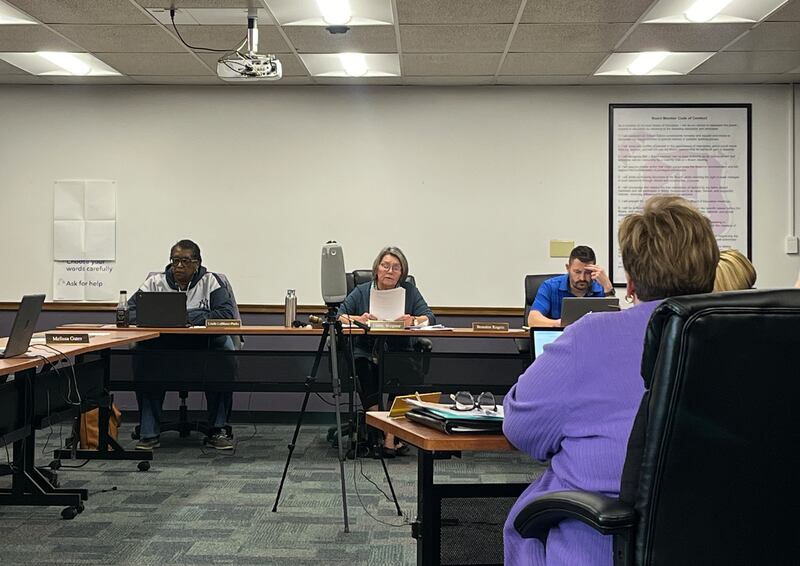DIXON — The Dixon School Board approved a resolution Wednesday that it hopes will help state lawmakers when they are crafting education policy.
The resolution, known as Vision 2030, has been adopted by more than 500 other school districts in Illinois so far. It’s meant to be a framework for state legislators when crafting policy so they understand what districts need to run successful schools and push for growth in education, Superintendent Margo Empen said.
Empen said state Rep. Brad Fritts, R-Dixon, told her these are things they consider when passing legislation.
“It isn’t just falling on a deaf ear. They are listening to us, asking us and want to know what we’re focusing on,” she said.
The five-year framework was developed by the Illinois Association of School Boards along with four other state education organizations and elaborates on three big ideas, Empen said.
The first is future-focused learning, which aims to prepare students for the way the world is changing and will continue to change. One example of this is engaging students in thinking about their paths to college and/or careers sooner by working with local businesses or partnering with local colleges and universities, according to Illinois Vision 2030.
The second is shared accountability, which aims to move beyond annual standardized tests. It says that considering both growth and proficiency over time is a more fair and effective way to measure student success, according to Vision 2030.
The third component is predictable funding, which asks for more reliable and sustainable funding sources that districts can rely on longterm. It says this funding is what districts rely on to provide quality education; update resources, infrastructure and technology; and keep pace with economic pressures on salaries and equipment, according to Vision 2030.
This is the second time these education organizations came together across the state to create an advocacy framework. The school board also adopted that first initiative, known as Vision 2020, Empen said.
“It [Vision 2020] did make some difference in some of the issues that were going on at the time,” board President Linda Wegner said.
That advocacy framework aided in establishing the evidence-based funding formula, which ensures all schools have the resources they need, and the development of the Illinois Balanced Accountability System, which sets standards for student performance and school improvement.
For information, visit Illinois Vision 2030’s website.

:quality(70)/s3.amazonaws.com/arc-authors/shawmedia/0e4ec010-1273-46f1-8fc4-c5fe7fe40794.png)